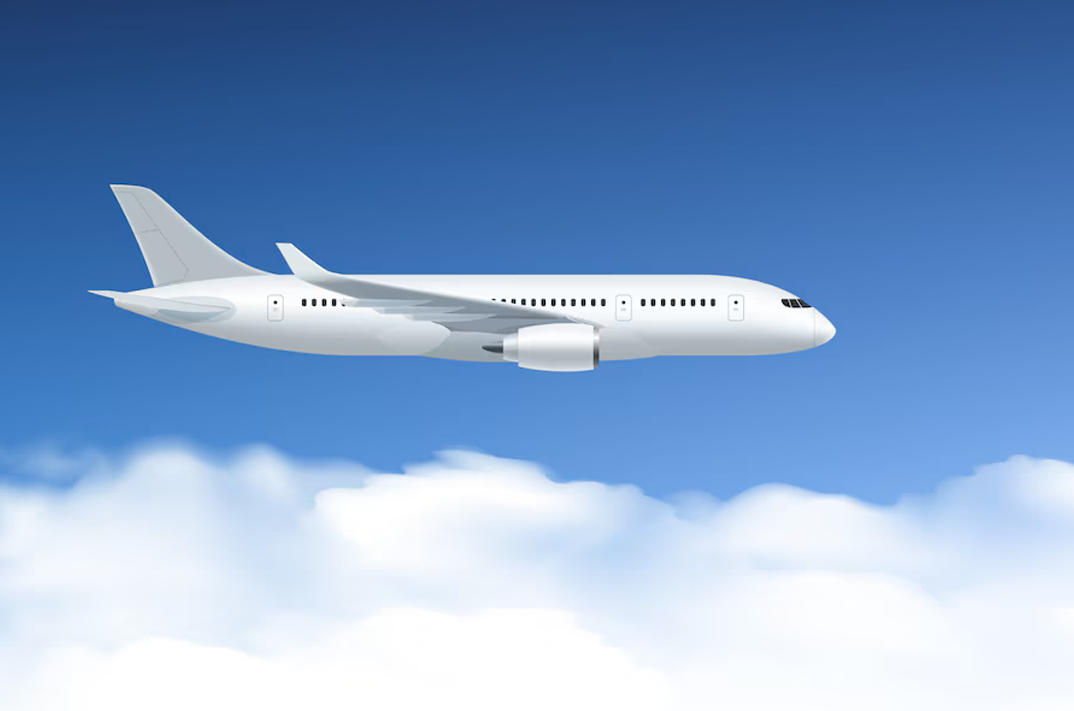Air freight, also known as plane freight or air cargo, involves the transportation of goods and materials by aircraft. Similar to freight trains, air freight plays a significant role in global trade and logistics, offering fast and efficient delivery of goods across long distances.
Here are some key aspects of plane freight:
- Speed: Air freight is known for its speed compared to other modes of transportation such as sea or rail. It’s particularly useful for transporting time-sensitive goods, perishable items, or urgent shipments.
- Global Reach: Air freight allows goods to be transported quickly to almost any location around the world, reaching destinations that might be inaccessible or impractical for other modes of transport.
- Capacity: Cargo aircraft come in various sizes, from small propeller planes to large freighters like the Boeing 747 or Airbus A380. These aircraft can carry a wide range of cargo, from small packages to oversized items.
- Specialized Cargo: Air freight is capable of transporting a diverse range of goods, including perishable items like fruits and vegetables, pharmaceuticals, electronics, machinery, and even live animals.
- Logistics Network: Air freight operations involve a complex network of airports, cargo terminals, freight forwarders, and logistics providers to ensure the smooth flow of goods from origin to destination.
- Cost: While air freight offers speed and efficiency, it tends to be more expensive compared to other modes of transportation such as sea or rail. As a result, it’s often used for high-value or time-sensitive shipments where the benefits outweigh the higher cost.
Overall, plane freight is a crucial component of global supply chains, offering fast and reliable transportation solutions for businesses and industries around the world.

